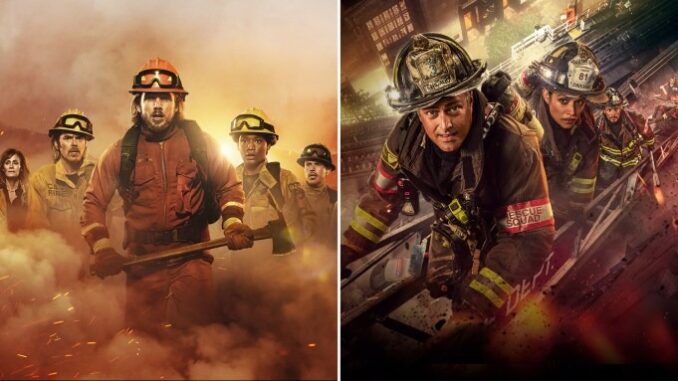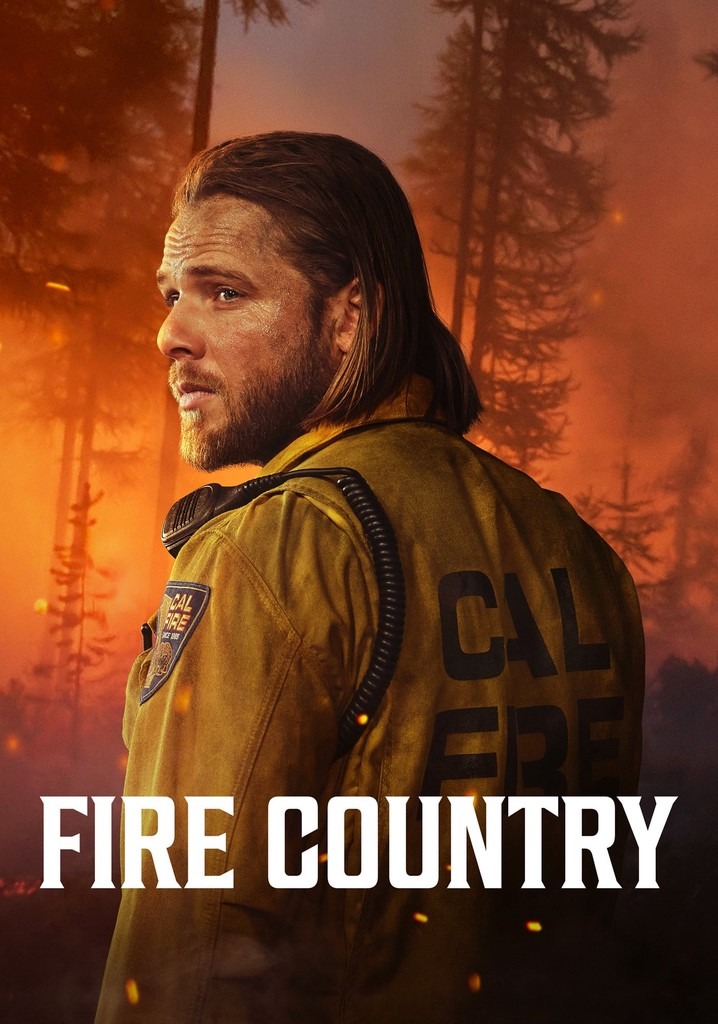
The heat isn’t just in the flames—it’s in the people who run into them.
In a sea of procedural dramas, Fire Country and Chicago Fire stand out for their raw emotional power. They’re not just about fire—they’re about the people behind the uniform, the baggage they carry, and the choices that define them.
But while both shows are about fighting fires, the emotional temperature in each is very different.
Fire Country: Redemption in the Flames
Bode Donovan isn’t your average firefighter. He’s a convicted felon trying to earn a second chance through California’s inmate firefighting program. Every episode is a tug-of-war between guilt and hope.
-
He’s fighting fires on the outside and demons on the inside.
-
The tension with his family (especially his estranged father) adds another layer of heartbreak.
-
His journey isn’t just about saving lives—it’s about saving his own soul.
Fire Country isn’t afraid to get messy. That’s what makes it real.

Chicago Fire: Brotherhood and Duty in the City
In contrast, Chicago Fire is about a family forged in fire—Firehouse 51. Over 12 seasons, we’ve seen loss, love, promotions, and retirements. The strength of the show is how it weaves professional stakes with personal growth.
-
The emotional arcs are subtler but no less powerful.
-
Characters like Severide, Stella, and Herrmann show what leadership, loyalty, and sacrifice really look like.
-
There’s a warmth to the chaos, a sense that this team is unbreakable—even when everything else burns.
Two Fires, One Emotion: Humanity
What makes both shows so powerful isn’t just the emergencies—it’s the human stories in between. The quiet moments. The regrets. The victories. The emotional wounds that don’t heal overnight.
Whether in the thick of a city rescue or deep in the California wilderness, these characters remind us:
Courage isn’t the absence of fear—it’s choosing to walk into the fire anyway.